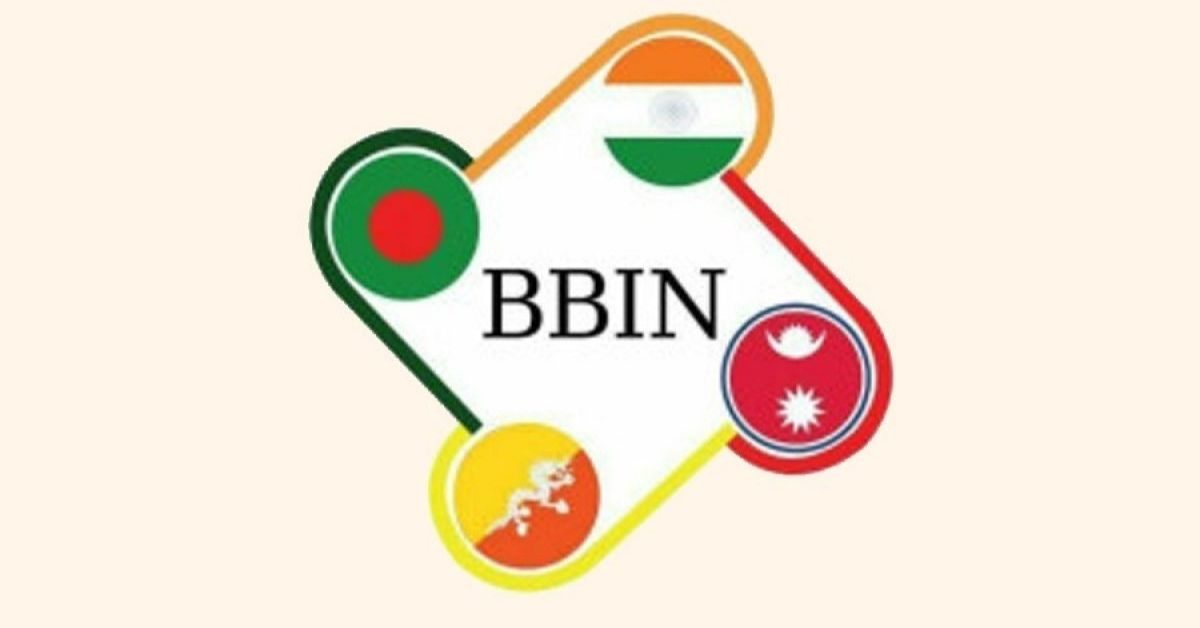As the Nepal government changed last month with Sher Bahadur Deuba taking charge, worries over the execution of the much-awaited Bangladesh-Bhutan-India Nepal (BBIN) Motor Vehicles Agreement (MVA) project have risen. Sources said that Deuba who is running a coalition government may not find it easy to steer the agreement in the near future. However, experts said that India and Bangladesh must go ahead with the necessary protocols under the framework to make it operational. The new arrangement will be kept open for Nepal to join at a later date.
That apart, New Delhi and Dhaka are already working on improving multi-modal connectivity with the aim of boosting people to people contact as well as trade.
That apart, the two countries are already working on improving multi-modal connectivity with the aim of boosting people to people contact as well as trade.
“BBIN trade is just 6-7 per cent of the total trade, Bipul Chatterjee, executive director, CUTS International said at a webinar — Multi- Modal Connectivity With India’s Neighbours: Development in East and North-East India organised by Atal Bihari Vajpayee Institute of Policy Research and International Studies. Chatterjee pointed out that the potential is enormous which needs to be harnessed. However, one of the problems is the lack of “good” roads connecting the region.
While India and Bangladesh have agreed on the Protocol on Inland Water Transit and Trade (PIWTT), other countries in the BBIN region are yet to reach a consensus on the Standard of Operating Procedures (SoP) for implementation of the MVA.
Nepal and Bhutan, the two landlocked countries in the region, are dependent on India and Bangladesh for port access.
At present the non-recognition of transit rights is also leading to problems and delays at the border.
While experts said that fast-tracking the BBIN project would have boosted economic growth in the region especially in the post Covid phase, the political uncertainty in Nepal with its transporters’ lobby has added to the problem.
“The BBIN initiative will be a game changer in the region and while there are many roadblocks, the focus should be on the areas of synergy, to be able to go ahead with the project,” an analyst told India Narrative. However, he added that due to the regime change in Nepal, the initiative in its full form may be delayed.
The BBIN route
About 200-300 trucks carrying various goods ply everyday in the region.
The MVA would facilitate seamless movement of the trucks with less regulatory and paperwork from the agreed border crossings. Though the customs and tariffs would be decided by the individual countries, the aim is to make the transport facility seamless and efficient.
A CUTS report noted that Bhutan’s international trade takes place through numerous border crossing points with India, and Phuentsholing is the principal gateway. Other major border crossing points are Samtse, Gelegphu, Nganglam, and Samdrupjongkhar. Though Bhutan has opted out, it has agreed to facilitate the passage.
From the other side, the route will connect Guwahati, Shillong with Sylhet. This will further be connected to Benapol and Kolkata. On the other side, Siliguri will become a major hub, which will connect through Dhaka, Sabroom to finally the Chittagong Port.
Road transport is the primary mode of transport within as well to the neighbouring countries. Bhutan’s international trade takes place through numerous border crossing points with India, and Phuentsholing is the principal gateway.
Nepal’s dilemma
Dueba will have to prioritise issues which are domestic in nature, the analyst said. Besides, the transport lobbies are at work. “Deuba will have to come to an agreement with them, which may not be easy,” an analyst said.
Amid a belligerent China, India’s aim should be to implement the project as soon as possible.
That apart, New Delhi must ensure early or at least timely completion of the pending projects which will address issues relating to security as well as economy.
A World Bank report published in March said that seamless transport connectivity between India and Bangladesh has the potential to increase national income by as much as 17 per cent in Bangladesh and 8 per cent in India.
“The eastern sub-region is poised to become an economic growth pole for South Asia. An important component of this development potential is for countries to invest in connectivity rail, inland waterways, and roads,” Junaid Ahmad, World Bank Country Director in India said in a statement.
Source : Canindia







